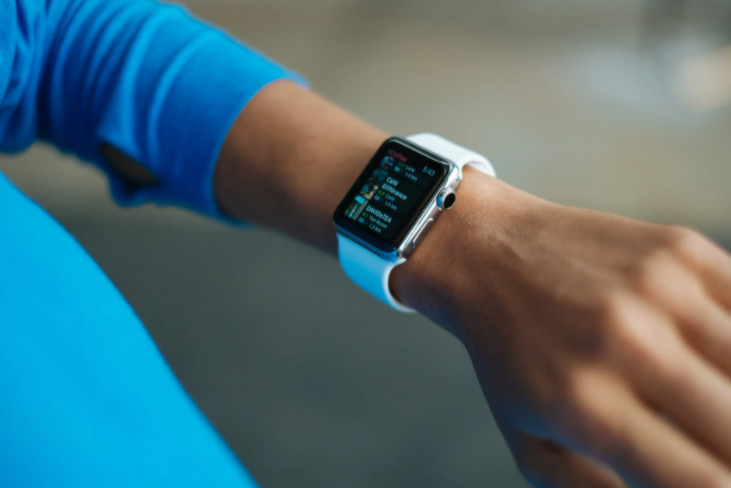
Fitbit smartwatches can now let you know if you've been snoring too loudly while you sleep. Fitbit is rolling out a new "Snore and Noise Detect" feature that uses the built-in microphone on a Sense smartwatch or Versa 3 smartwatch to detect the user's snoring and its overall noise level.
By knowing how loudly you snore, you will have an idea of why you feel less-than-rested or why you keep waking people up.
Fitbit's Snore and Noise Detection Feature
According to 9to5Google, you need to meet a couple of requirements to use the feature, aside from owning a Fitbit smartwatch.
You will also need a Premium subscription that will cost you $10 a month or $80 a year. You will also need to make sure that your smartwatch is well-charged.
Fitbit noted that sampling happens every few seconds, and it needs at least a 40% battery level before you sleep, according to Engadget.
Also Read: Top 5 Best Fitness Trackers of 2021: Apple Watch, Garmin, Fitbit, and MORE!
You should also be comfortable enough to allow the device to save your snoring data, but you can always delete the data at any time.
Fitbit's new feature gives it an edge over its rivals because other smartwatches only detect noise, and it can't differentiate a snore from a random sound.
In March, Fitbit launched a feature that lets you see the saturation level of your blood oxygen.
Readiness Score
Aside from the noise and snore detection feature of Fitbit, the device also launches a readiness score that lets you know if you are ready to continue your workout, according to Screenrant.
Apple Watch was the first to popularize the concept of having to "close your rings," and Fit introduced Heart Points. Meanwhile, Fitbit emphasizes the user's step counts and miles.
Recently, Fitbit found branding success in users comparing Sleep Scores, and there is also one that detects stress. Now, Fitbit's Premium subscribers can enjoy the Daily Readiness Score.
The Daily Readiness Score consists of three metrics. The first one is the Activity Level, which is when the device measures your heart rate based on your daily activity.
The level is personalized, and it is compared to your regular exertion levels to measure your fitness fatigue.
The second metric is Heart Rate Variability. It is calculated while you sleep as it measures how well you recovered while resting.
If it detects high levels of heart rate variability, it means that your body can easily transition from rest to activity.
If your heart rate variability is low, it means you are stressed out, or you overexerted yourself during activity. It may also indicate that you are getting sick.
The third metric is Sleep. It is an important factor because a poor sleeping pattern will leave you tired.
When all three metrics are taken together, it can assess when you are ready to do another physical activity. If you get an "excellent" score, it means that you are ready to exercise again.
Meanwhile, if you get a "low readiness" message, it means you need to prioritize recovery because you do any physical activity.
The new feature is built on research that proves taking time to rest can create stronger results in your daily activities versus pushing yourself to move all the time.
Related Article: Fitbit Charge 5 vs Fitbit Luxe | Is the Charge Worth the Extra $30?
This article is owned by Tech Times
Written by Sophie Webster








